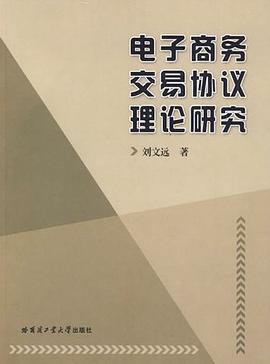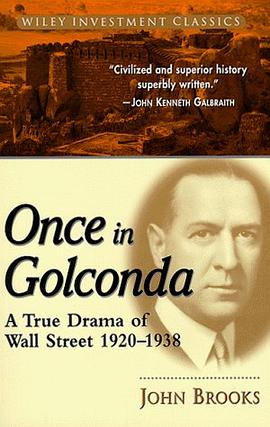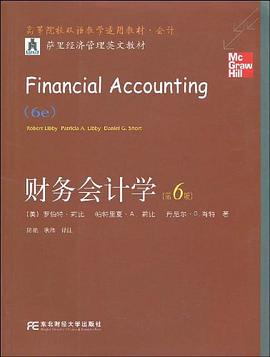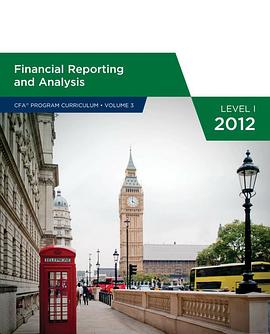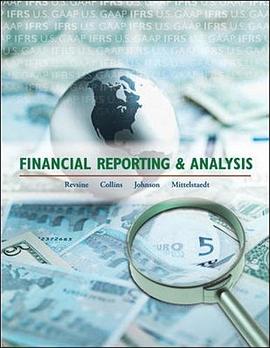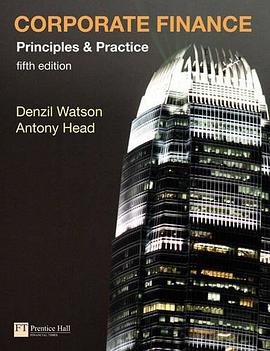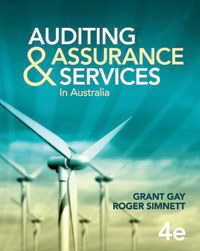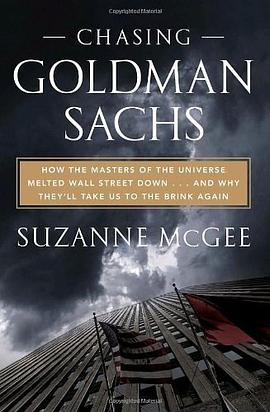

You know what happened during the financial crisis … now it is time to understand why the financial system came so close to falling over the edge of the abyss and why it could happen again. Wall Street has been saved, but it hasn’t been reformed. What is the problem?
Suzanne McGee provides a penetrating look at the forces that transformed Wall Street from its traditional role as a capital-generating and economy-boosting engine into a behemoth operating with only its own short-term interests in mind and with reckless disregard for the broader financial system and those who relied on that system for their well being and prosperity.
Primary among these influences was “Goldman Sachs envy”: the self-delusion on the part of Richard Fuld of Lehman Brothers, Stanley O’Neil of Merrill Lynch, and other power brokers (egged on by their shareholders) that taking more risk would enable their companies to make even more money than Goldman Sachs. That hubris—and that narrow-minded focus on maximizing their short-term profits—led them to take extraordinary risks that they couldn’t manage and that later severely damaged, and in some cases destroyed, their businesses, wreaking havoc on the nation’s economy and millions of 401(k)s in the process.
In a world that boasted more hedge funds than Taco Bell outlets, McGee demonstrates how it became ever harder for Wall Street to fulfill its function as the financial system’s version of a power grid, with capital, rather than electricity, flowing through it. But just as a power grid can be strained beyond its capacity, so too can a “financial grid” collapse if its functions are distorted, as happened with Wall Street as it became increasingly self-serving and motivated solely by short-term profits. Through probing analysis, meticulous research, and dozens of interviews with the bankers, traders, research analysts, and investment managers who have been on the front lines of financial booms and busts, McGee provides a practical understanding of our financial “utility,” and how it touches everyone directly as an investor and indirectly through the power—capital—that makes the economy work.
Wall Street is as important to the economy and the overall functioning of our society as our electric and water utilities. But it doesn’t act that way. The financial system has been saved from destruction but as long as the mind-set of “chasing Goldman Sachs” lingers, it will not have been reformed. As banking undergoes its biggest transformation since the 1929 crash and the Great Depression, McGee shows where it stands today and points to where it needs to go next, examining the future of those financial institutions supposedly “too big to fail.”
具體描述
讀後感
略顯枯燥的閱讀,但是非常贊同作者的觀點,華爾街就是在追趕高盛的過程中滑嚮深淵。 當最聰明的腦袋都來用作開發設計可以規避監管風險的産品時,當短期利潤的重要性完全超越長期風險時,當一個係統已經無法做到健康地自我調節時,當金融體係的守門人變成瞭賭場的發牌人,未來...
評分略顯枯燥的閱讀,但是非常贊同作者的觀點,華爾街就是在追趕高盛的過程中滑嚮深淵。 當最聰明的腦袋都來用作開發設計可以規避監管風險的産品時,當短期利潤的重要性完全超越長期風險時,當一個係統已經無法做到健康地自我調節時,當金融體係的守門人變成瞭賭場的發牌人,未來...
評分略顯枯燥的閱讀,但是非常贊同作者的觀點,華爾街就是在追趕高盛的過程中滑嚮深淵。 當最聰明的腦袋都來用作開發設計可以規避監管風險的産品時,當短期利潤的重要性完全超越長期風險時,當一個係統已經無法做到健康地自我調節時,當金融體係的守門人變成瞭賭場的發牌人,未來...
評分略顯枯燥的閱讀,但是非常贊同作者的觀點,華爾街就是在追趕高盛的過程中滑嚮深淵。 當最聰明的腦袋都來用作開發設計可以規避監管風險的産品時,當短期利潤的重要性完全超越長期風險時,當一個係統已經無法做到健康地自我調節時,當金融體係的守門人變成瞭賭場的發牌人,未來...
評分略顯枯燥的閱讀,但是非常贊同作者的觀點,華爾街就是在追趕高盛的過程中滑嚮深淵。 當最聰明的腦袋都來用作開發設計可以規避監管風險的産品時,當短期利潤的重要性完全超越長期風險時,當一個係統已經無法做到健康地自我調節時,當金融體係的守門人變成瞭賭場的發牌人,未來...
用戶評價
類似的觀點太多。。作者的說辭已經沒有新意瞭。
评分類似的觀點太多。。作者的說辭已經沒有新意瞭。
评分類似的觀點太多。。作者的說辭已經沒有新意瞭。
评分類似的觀點太多。。作者的說辭已經沒有新意瞭。
评分類似的觀點太多。。作者的說辭已經沒有新意瞭。
相關圖書
本站所有內容均為互聯網搜索引擎提供的公開搜索信息,本站不存儲任何數據與內容,任何內容與數據均與本站無關,如有需要請聯繫相關搜索引擎包括但不限於百度,google,bing,sogou 等
© 2025 onlinetoolsland.com All Rights Reserved. 本本书屋 版权所有



